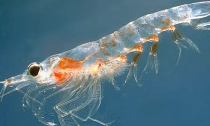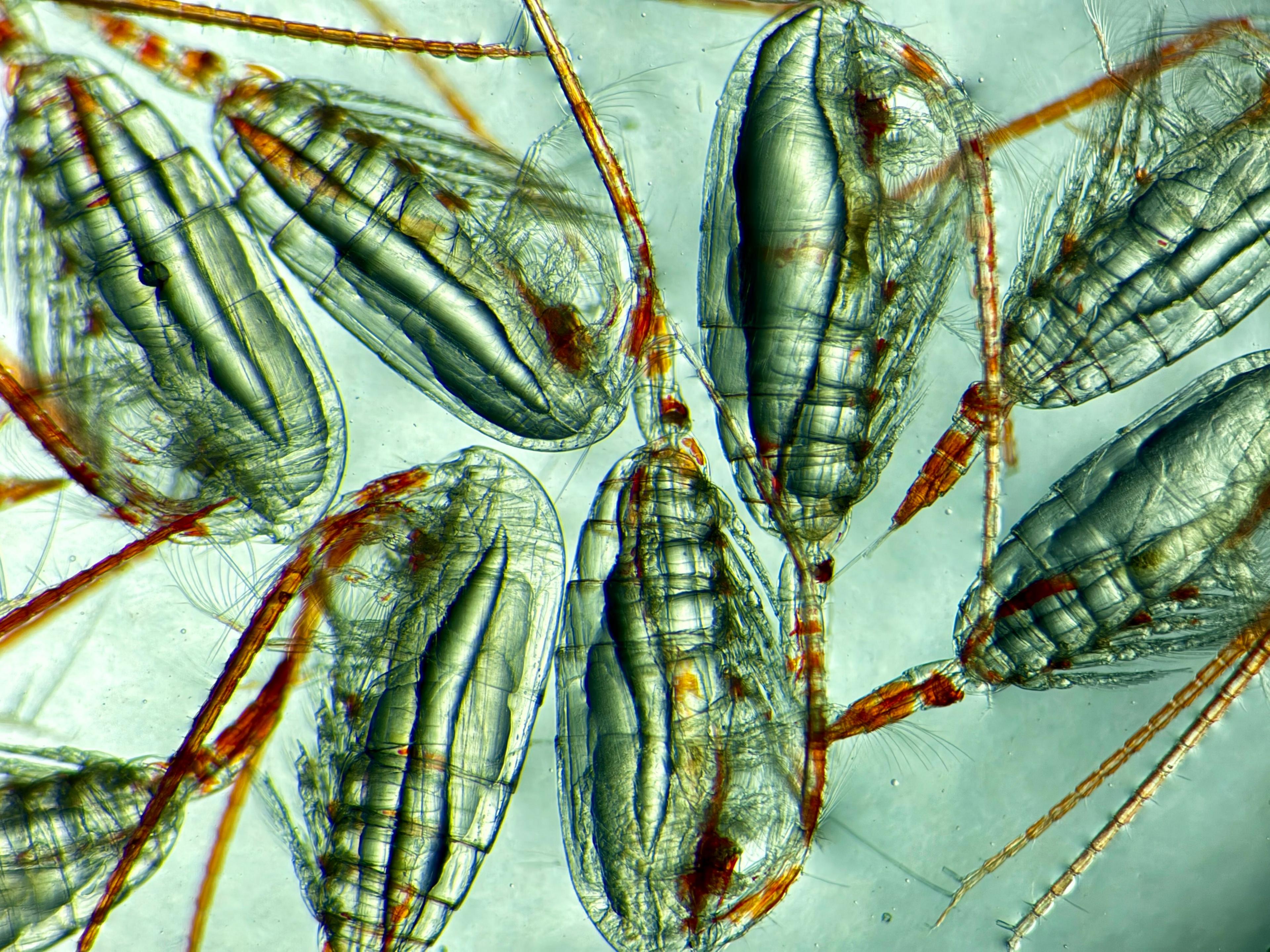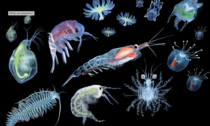
A tiny, obscure animal often sold as aquarium food has been quietly protecting our planet from global warming by undertaking an epic migration, according to new research. These “unsung heroes” called zooplankton gorge themselves and grow fat in spring before sinking hundreds of metres into the deep ocean in Antarctica where they burn the fat. This locks away as much planet-warming carbon as the annual emissions of roughly 55 million petrol cars, stopping it from further warming our atmosphere, according to researchers.
This is much more than scientists expected. But just as researchers uncover this service to our planet, threats to the zooplankton are growing.

Scientists have spent years probing the animal’s annua...
Read More





Social Profiles